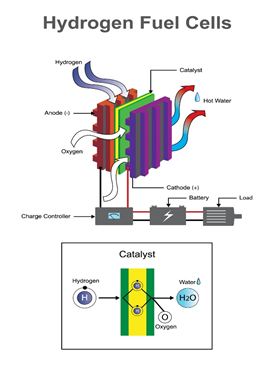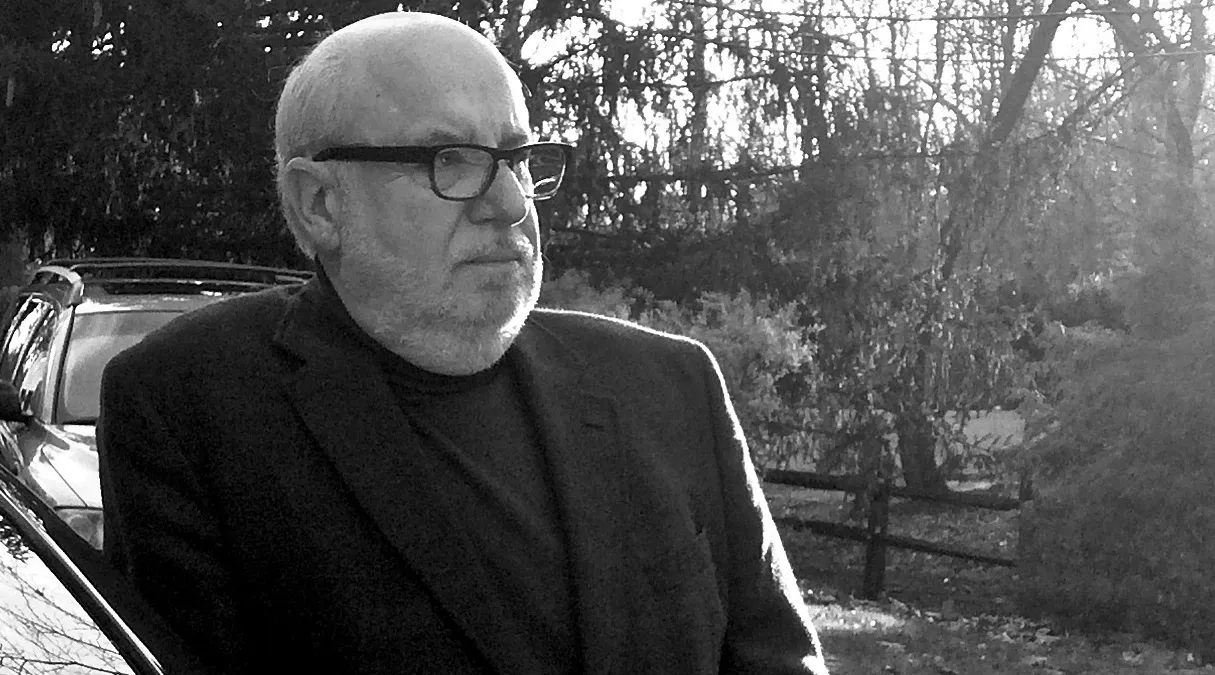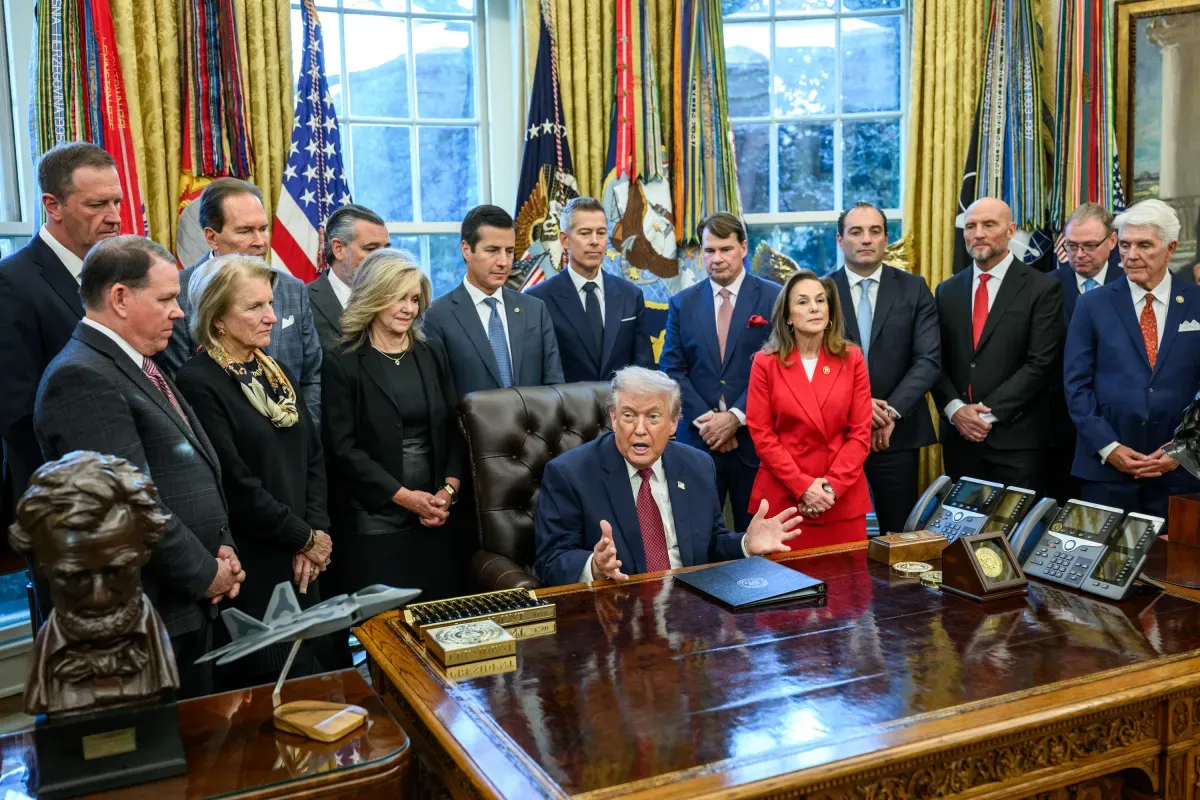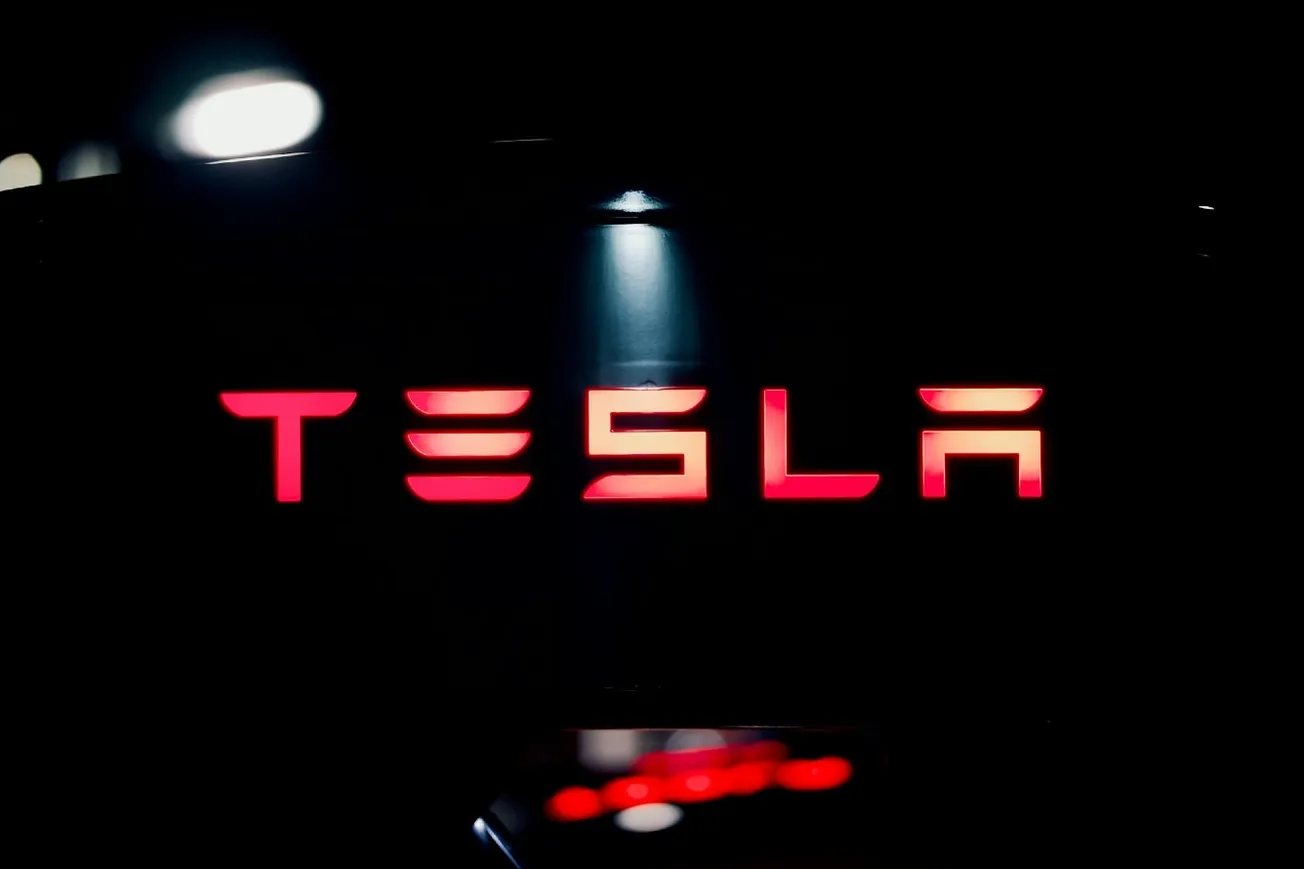A few of you have read the opinion articles I have written for the tippinsights website over the past several weeks. And while my subjects have dealt with automobiles, the environment, and energy, you could not quite tell where I stood personally on these topics. I would love to provide you with a simple answer, but I don't think there is one. And if my previous columns have given you a reason to pause and think, that's wonderful!
I freely admit to having been heavily influenced by my R. Buckminster Fuller, who I learned about while attending the Milwaukee School of Engineering in the mid-sixties. He was a brilliant man, very different than most architects and designers, and developed many solutions to existing problems that were tremendously innovative but often neither practical nor popular! Yet each one demonstrated that there was more than one way to solve a problem. His most lasting and recognizable contributions were the geodesic domes that cover radar installations, a few very dramatic private homes, and a solid and durable design for modern outdoor climbing structures in parks worldwide.

Spaceship Earth
I admit I was most impressed when he wrote or spoke about Spaceship Earth. Its brilliance lay in the fact that it enabled everyone who read it to recognize that we live in a world with finite boundaries. Almost all of our resources are not renewable. If we use them up, we will have to figure out a way to live without them. And we better figure out a way to get along with the other people on this vessel. We must figure out a way to do more with less, carefully consider the consequences of our choices, and even try to imagine the unanticipated consequences of our choices. Rarely do these decisions of this magnitude require a simple binary choice like yes or no, hot or cold, on or off. And that is why I have some issues with Global Warming.

Because I believe in the concept of Spaceship Earth, I think we need to consider the impact of the things we do carefully. There is no doubt that the vast majority of the machines and tools that have made our lives what they are today are powered by the burning of fossil fuels either directly or indirectly. Burning those fossil fuels generates CO2, a greenhouse gas released into our atmosphere where it traps heat and holds it in our atmosphere, contributing to increasing temperatures.
Well, I know that sounds an awful lot, like I believe in Global Warming! And, I will admit that I think we must reduce our output of CO2 and other greenhouse gases. But I do have two caveats that prevent me from being all-in on Global Warming:
- The first is that I do not believe that mankind's burning of fossil fuels is the only factor or the primary factor contributing to the increase in temperatures worldwide.
- The second is that even if my first caveat is incorrect, a wholesale ban to end production of internal combustion engine cars and trucks by 2030 or thereabout is likely to result in many problems that may be even bigger than the problems we face today.
It is one thing to specify that all new motor vehicles must not burn gasoline as of a certain date. And I have no specific objections to electric cars and trucks. But, except for countries like Sweden and Norway, we do not have an electrical power infrastructure that will support the increase in electricity usage that this rapid change to EVs will require. We cannot generate, transport, or deliver that much more electricity in the short term. And if we try to generate the vast amount required, we will not be able to do it with renewables like solar, wind, and water because they have natural limits like nighttime and calm skies. Can we stand to have more rolling blackouts because of our desire to eliminate internal combustion engines?
One alternative would be to find an alternative fuel that could be manufactured in quantity and be used in an internal combustion engine that could dramatically decrease or eliminate the CO2 coming out of the exhaust. Well, there is such a fuel, but we are only beginning to explore its use because until now, it was just easier and cheaper to use fossil fuels! Perhaps that is a shame on us, but it is the truth! The name of this miraculous fuel is Hydrogen. It is the most abundant element in the universe. When you combine it with Oxygen, you get the exhaust that is essentially water! Hydrogen can be transported in pipes and dispensed via quick-release couplings and stored under pressure, essentially the way we handle natural gas or propane today. Hydrogen would be an excellent alternative or, at the very least, an addition to the electric vehicle mandates, as it ensures that we have more than one option. Even if we fail to make as much progress as we would like in the electrification process, we will still have at least one other solution in place, which will significantly improve today's fossil fuels.
While thinking about the future of cars and trucks, we should bear in mind that we can refuel today's vehicles very conveniently and quickly because of the vast refueling infrastructure that has been built up over the last century. Most of these locations do not lend themselves to refilling EVs. They lack the robust electrical feed necessary, and they lack the space to have vehicles charging for more than the few moments it would take to refuel as a gasoline-powered car. But the majority of these locations could be adapted for Hydrogen, again taking the pressure off the task of building out the electrical grid to support the rapid and dramatic increase in the EV population.

Creating a binary future of only fossil fuels or electric vehicles, in my opinion, is unnecessarily limiting. Failure to adopt Hydrogen as a preferred fuel also increases the risk of failing to meet the true objective of our entire clean air mission, reducing CO2 emissions! Hydrogen has a huge potential in many areas. Not only can it power internal combustion engines, but it can also be used as an energy storage medium in Fuel Cells where it can be catalytically combined with Oxygen to produce electricity. So do not count it out!

Global Warming
Allow me to return to the question of Global Warming. I can see and observe today that we are experiencing some very unusual weather. I would even be likely to agree that we seem to be living in a period of Climate Change, but there is a difference in weather and climate. Climate changes extend for a longer period of time. Today, we see references in the media that state things like, "we have had the warmest month in recorded history"! That is the stuff of headlines, but is it significant? We have only recorded weather history since approximately 1880, or roughly 140 years of the Earth's 4.5 billion-year existence!
We know the Earth has changed many times over the course of its existence. Many of those dramatic changes happened before there was even life on the planet. We know there were times when the Earth was warmer and times when it was much cooler. According to our most respected scientists, we know that the Earth has experienced at least four "ice ages," the last of which ended approximately 12,000 years ago. The glaciers extended down to Washington DC's latitude in that previous ice age, geologists tell us.
Surely, it must have taken significant Global Warming to make those glaciers recede towards the poles, leaving us the world we know today. What do you suppose contributed to that global warming? There were no automobiles, no factories, and there were hardly any people 12,000 years ago. Still, there was Global Warming which would suggest that the cause of Global Warming all of those other times must have been the result of something other than the burning of fossil fuels.

I believe that we may be experiencing Global Warming at this time. But, I think it is highly unlikely that the primary cause is greenhouse gases. Instead, I believe that changes in the radiation we receive from the sun, changes in our orbit around the sun, or changes occurring beneath the surface of our planet are likely to be far bigger contributors. We claim to know that we have had at least four previous ice ages. For that to have happened, you must accept the concept that there have been at least three previous Global Warming periods. If not, there could not have been four ice ages, there would have been only one!
I don't pretend to have all the answers. I want to ask everyone to think about what you see, what you hear, and what you read. Question what people are telling you. Consider what happens if their desire to meet these goals fails. Consider what other actions could be taken to mitigate the problems we are facing. And make your thoughts known.
I also encourage you to take action. Increase the percentage of plastic materials that you recycle. Plastics that are effectively recycled instead of being incinerated will significantly reduce CO2 and Methane (even a worse greenhouse gas) in our atmosphere. And keep reusable net bags to carry home your groceries to break that plastic bag habit.
One more thing, I also invite you to look out the window of your home and see how many delivery trucks drive up and down your neighborhood every day. I have never seen as many as I do every day now. They are all "logistics" companies going to individual houses delivering things to your front door. You can order three or four items from one online vendor, and they arrive in three separate trucks! Do you really think that is improving our environment? That is the type of behavior I would like you to consider.
Finally, I want to do everything in my power to help keep Spaceship Earth clean and functional as long as possible; it is the only home we have. You are free to agree or disagree with me, but I hope you will give these matters a bit more consideration in the future. Thank you for your interest.
If you enjoy what you read, please consider subscribing for $99 a year. If you want to discuss your research needs, please contact us.









